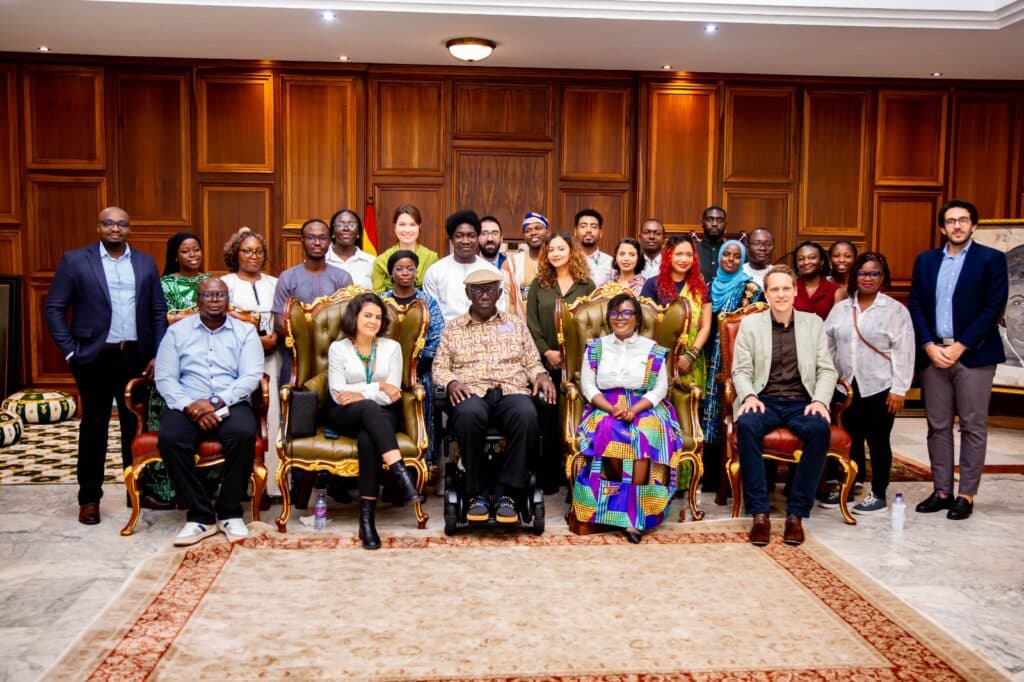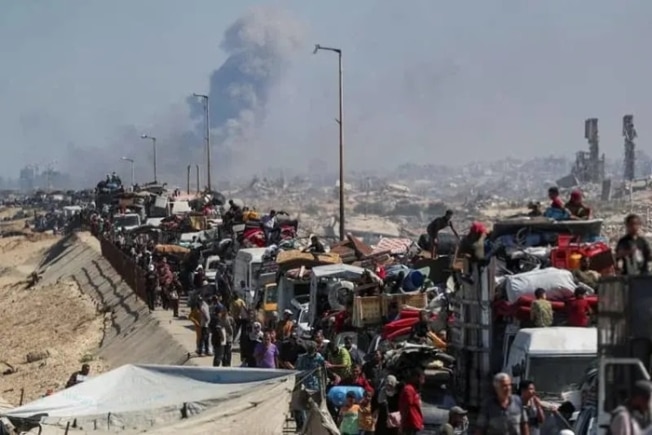April 20, 2020
Lifting of partial lockdown: Government and citizens must keep their end of the bargain
The President threw us a curve ball last night, didn’t he? Looks like the decision to lift the stay-at-home order caught most people off guard. Even the spin doctors seem a bit perplexed and unprepared for this. But why so? The policy cannot be inconsistent with the narrative. We should have seen this coming, particularly after the two-week stay-at-home order was extended last week by just one more week. Those who did not anticipate the lifting of the stay-at-home order must not have been paying close enough attention to the official narrative around Ghana’s numbers and its policy implications. If we’ve got the thing reasonably under control (“getting ahead of the virus, instead of trying to chase it”, etc), as the narrative has been suggesting all along, then what is the point of maintaining or extending the partial lockdown beyond the three-week period? Just to pile on more social and economic costs? A decision to prolong the stay-at-home order, at least in Greater Accra-Tema and Kumasi metropolitan areas, would have been incongruous with the official narrative so far.
Anyway, I expected the partial lockdown to be lifted, as it has been, but the other (and additional) social distancing rules, restrictions, and precautions retained and extended, as they have been. I also happen to think that, overall, it’s the right decision, at least given what information has been shared with us so far. I must assume that the President and his advisers, who have the benefit of far more information than they have been inclined or willing to share unfortunately, are confident that the cases have peaked, that all the clusters and hot spots have been identified and received sufficient testing, that we have managed, as a result, to flatten the curve, and that, under these circumstances, it would be needless to continue to keep the partial lockdown in place, with all the social and economic costs associated with it.
Besides, public compliance with the partia
We should not, of course, read the lifting of the partial lockdown to mean that the public health danger has passed; it has not, hence the retention and extension of the social distancing rules, including the ban on group gatherings. I interpret the lifting of the stay-at-home order to mean that, the Government is fully capable of doing what it must continue to do to contain the spread of the virus (e.g., tracing, isolating, testing, treatment, public education, and enforcement of the remaining rules) without having in place a lockdown or stay-at-home order. If that is indeed the case, then the cost of keeping the lockdown would appear to outweigh the public health benefit of maintaining it, hence the decision to lift it.
We should, of course, hold the Government to the implications of its decision. The lockdown or stay-at-home order was but only one in a package of measures. “No more lockdown” means the resources the Government would have spent policing and enforcing a stay-at-home order could now be redirected to make the other remaining measures more effective. This implies, in my view, an intensification of public education about COVID-19 and stricter enforcement of the social distancing rules, including the school closures and ban on church, mosque and other public and group gatherings.
This is crucial because, the stay-at-home order being the most radical of all the measures implemented so far, its lifting now might be wrongly interpreted by many as a return to normal or business as usual. Intensified mass education and better management and enforcement of social distancing rules and associated hygiene protocols, particularly in our municipal spaces (markets, lorry parks) are needed immediately to remind the public that a return to normal is far from what this is about.
The rest of the burden or responsibility of containing the spread of the virus now falls squarely on us, individually and collectively. In fact, this was always a shared responsibility, between the people, on one hand, and government, on the other. And that fact does not and must not change with the official lifting of the stay-at-home order. Additionally, lifting the stay-at-home order only goes to heighten the need to underscore and reinforce the message of the respective responsibilities of government and the people in this crisis.
Lifting the partial lockdown means that, while we are now relieved of the burden of staying home involuntarily, we continue to bear responsibility for conducting ourselves outside the home with extra caution and precaution, making sure to observe all the social distancing and other behavior-modification rules, and taking no chances. The nature of our civic and public health responsibility has thus changed in form (and location) from staying at home (passively) to modifying our public manners and interaction (actively) to avoid transmission of the virus. This, of course, is where we were just before the lockdown. In essence, the “new” post-lockdown situation is an enhanced form of the pre-lockdown situation. The general public needs to be reminded of that fact. This is also why it is vital for government to keep its end of the bargain by enforcing the remaining rules stringently and intensifying public education, while carrying on with tracing, testing, isolation, and treatment. Only if both sides, the government and the people, do what is expected and required of us can we effectively contain this virus. Abdication or relaxation of responsibility by either side of the bargain could spell disaster, and regret.
In the meantime, if you have no business being out and about, stay at home! And if you must step out, wear a mask and keep a safe distance from others.
 Professor H. Kwasi Prempeh is the Executive Director of the Ghana Center for Democratic Development (CDD-Ghana)
Professor H. Kwasi Prempeh is the Executive Director of the Ghana Center for Democratic Development (CDD-Ghana)
















